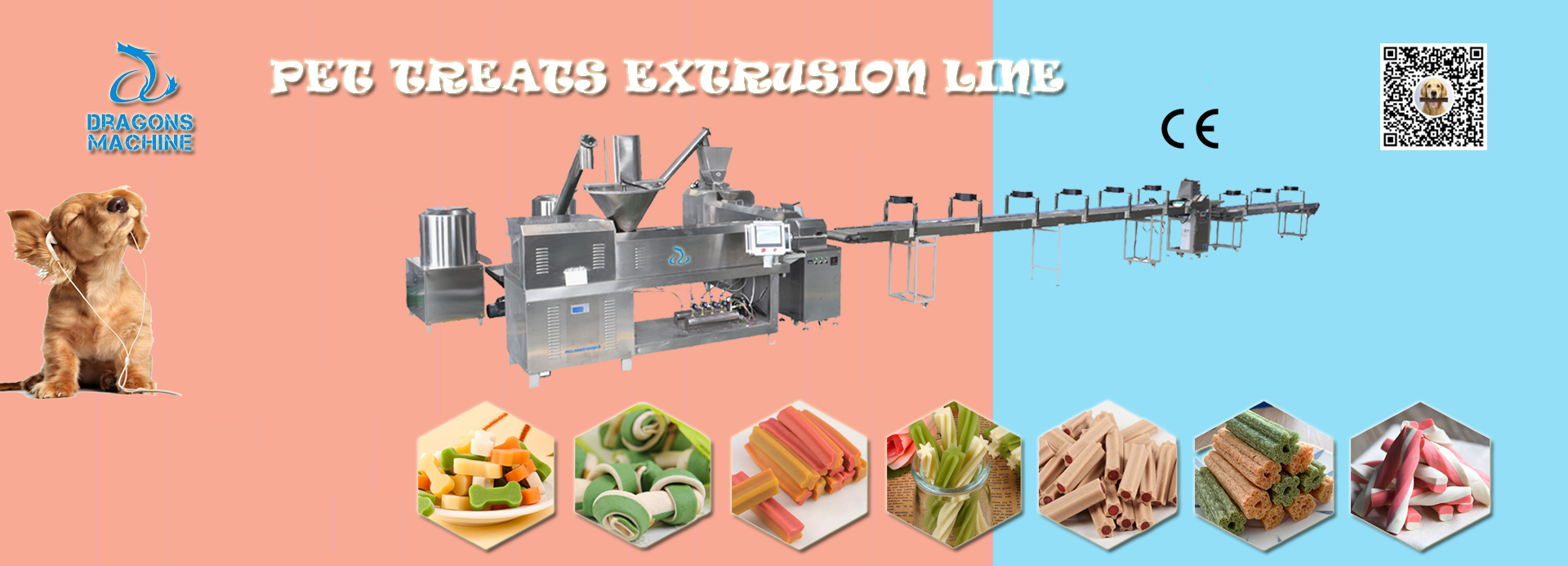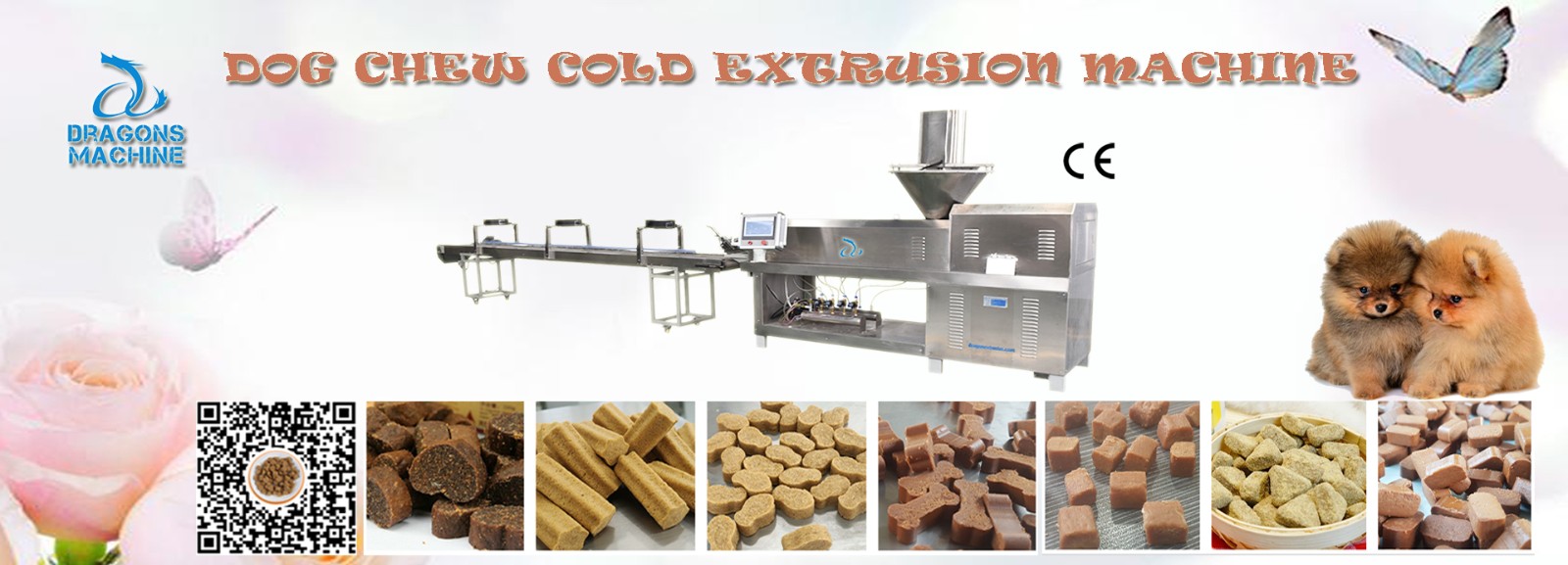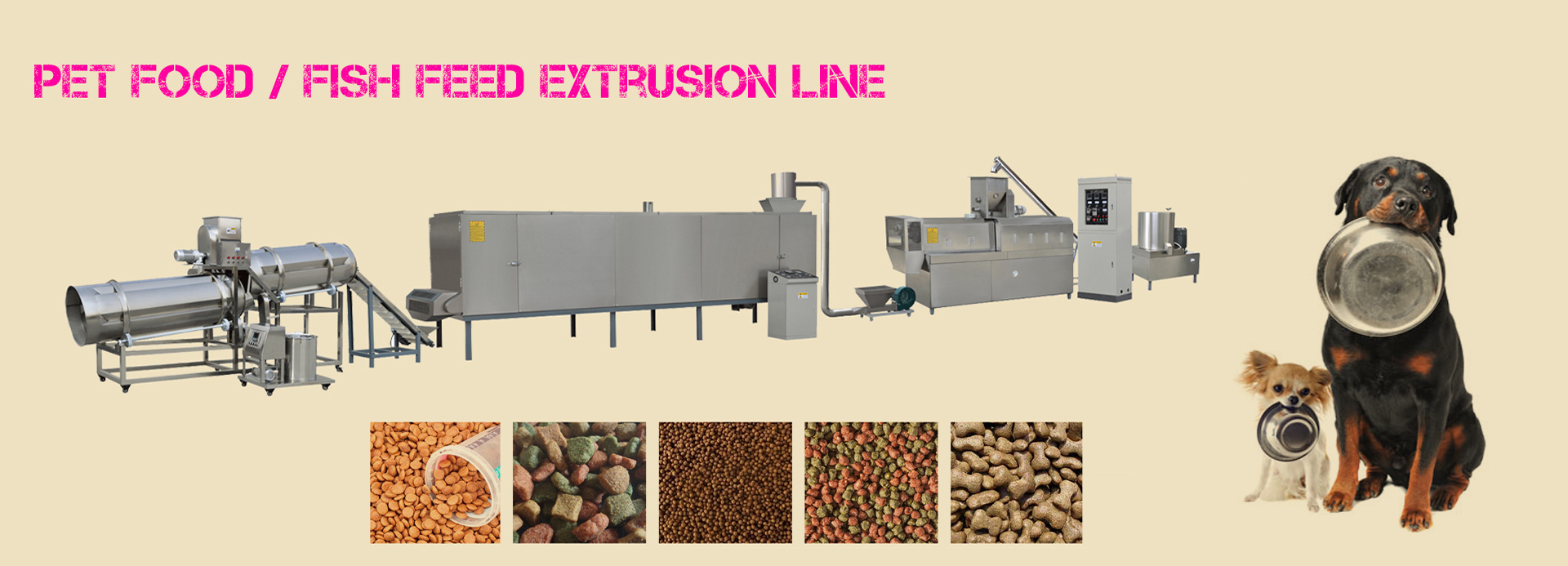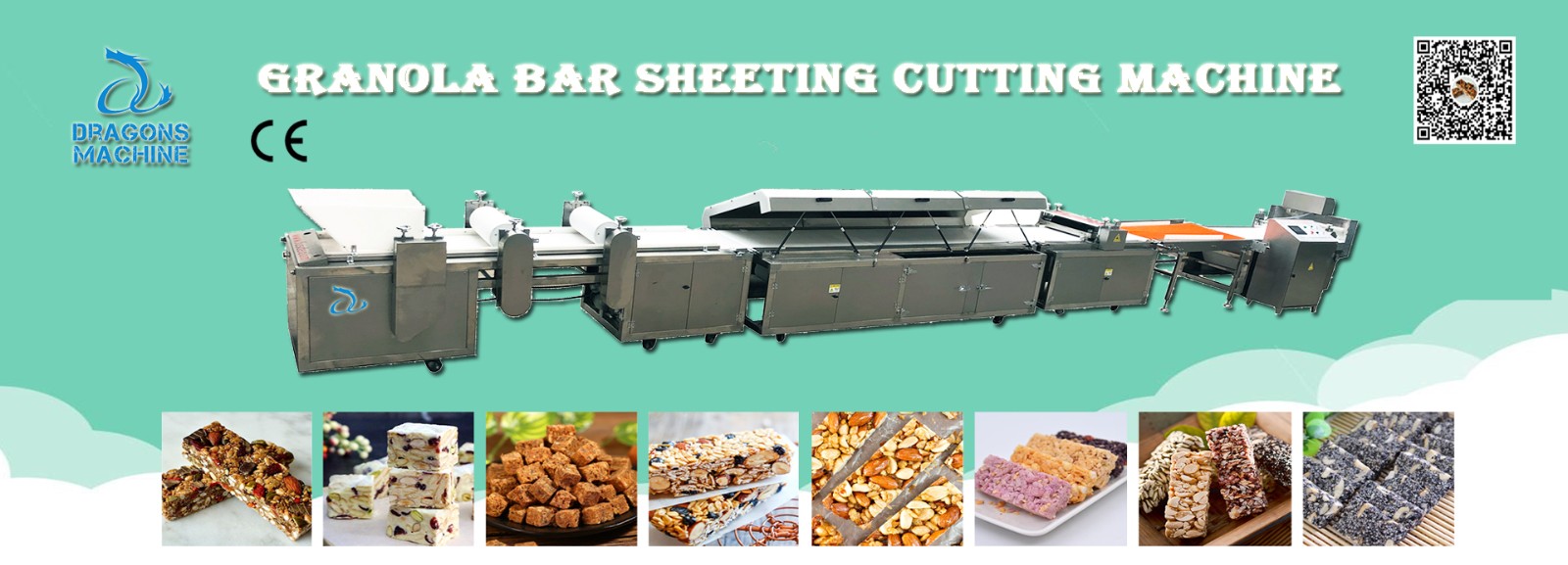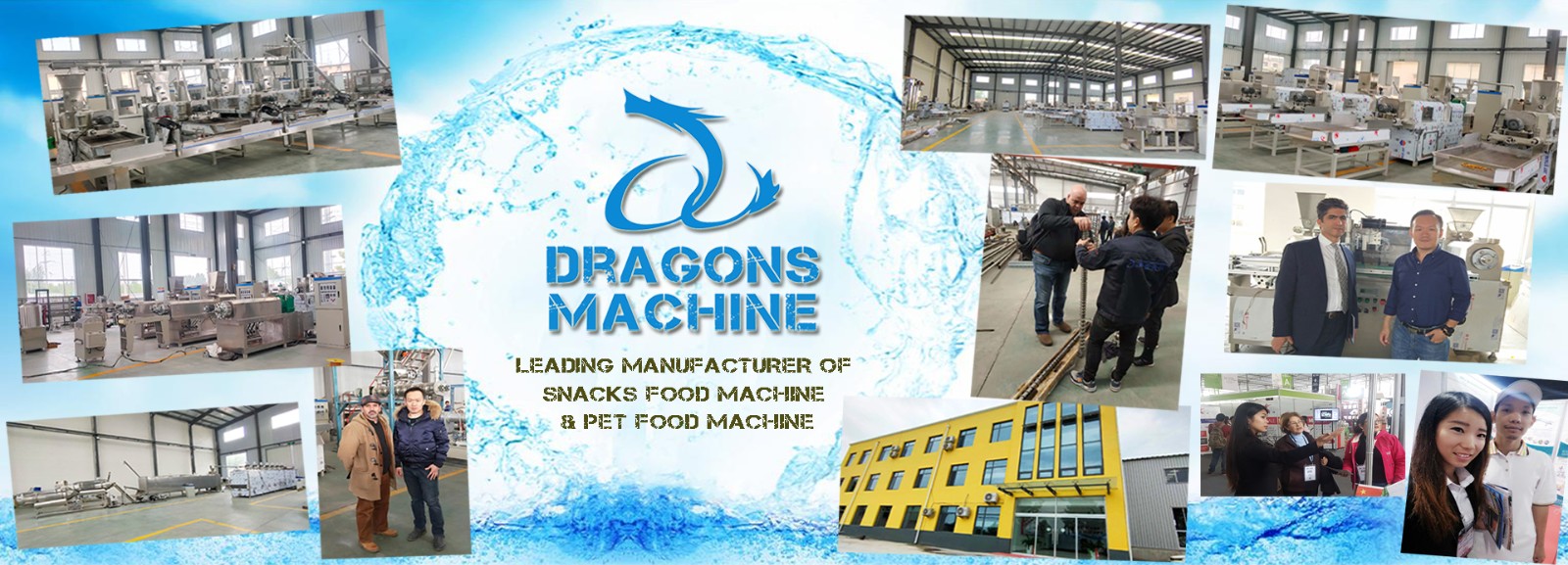Pet food drying machines, or pet food dehydrators, play a crucial role in the pet food manufacturing industry. These machines ensure that pet food is dried to the appropriate moisture content, preserving it for extended periods without compromising nutritional value. Let's delve into how these machines work and their benefits.
Understanding Pet Food Drying Machines
Pet food drying machines are specialized equipment designed to remove moisture from pet food through controlled heating and air circulation. This process not only extends the shelf life of pet food but also prevents the growth of bacteria and mold.
Components of a Pet Food Dryer & Dehydrator
1. Heating Element: Provides the necessary heat to evaporate moisture.
2. Fans and Air Circulation System: Ensures even distribution of heat throughout the drying chamber.
3. Temperature and Humidity Sensors: Monitor and regulate the internal environment for optimal drying.
4. Control Panel: Allows operators to set and adjust drying parameters such as temperature and time.
How the Drying Process Works
Step 1: Pre-Heating
Before drying begins, the machine's heating element preheats the chamber to the desired temperature. This stage is crucial for creating the right environment for efficient moisture removal.
Step 2: Loading Pet Food
Pet food is evenly spread on trays or conveyor belts inside the drying chamber. It's essential to arrange the food in a single layer to facilitate uniform drying.
Step 3: Drying Phase
Once loaded, the drying phase starts:
- Heat Application: The heating element generates heat, raising the temperature inside the chamber.
- Air Circulation: Fans circulate hot air around the food, ensuring even heat distribution and moisture evaporation.
- Moisture Removal: As moisture evaporates from the pet food, it is vented out of the chamber, reducing humidity and enhancing drying efficiency.
Step 4: Cooling and Unloading
After the drying process is complete, the machine gradually cools down. The dried pet food is then unloaded, ready for packaging and distribution.
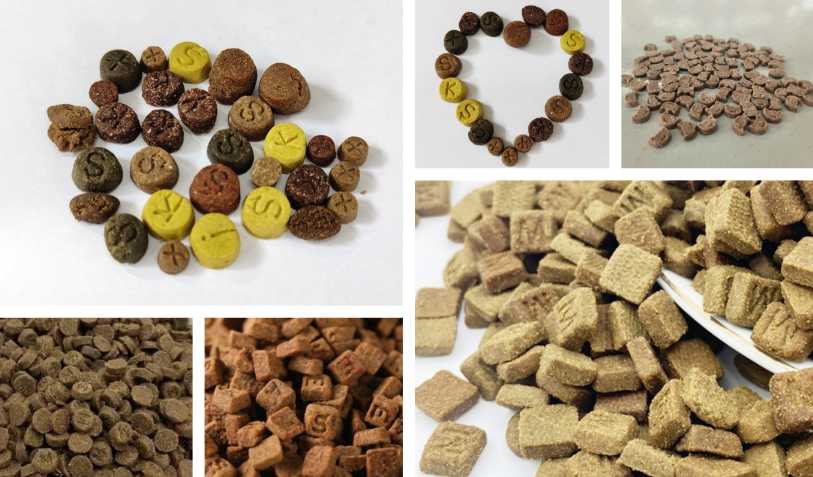
Benefits of Using Pet Food Drying Machines
Extended Shelf Life
Drying significantly extends the shelf life of pet food by reducing moisture content, which inhibits bacterial growth and spoilage.
Nutrient Preservation
Properly dried pet food retains its nutritional value, ensuring pets receive the essential nutrients they need.
Enhanced Flavor and Texture
Drying can enhance the flavor and texture of pet food, making it more appealing to pets.
Cost-Effective Preservation
Drying is a cost-effective method for preserving large quantities of pet food, reducing waste and storage costs.
Types of Pet Food Dryers
Batch Dryers
Batch dryers process pet food in batches, offering precise control over drying conditions for each load. They are ideal for small to medium-scale production.
Continuous Dryers
Continuous dryers operate non-stop, with food moving through the drying chamber on conveyor belts. These are suitable for large-scale production.
Choosing the Right Pet Food Dryer
When selecting a pet food dryer, consider:
- Capacity: Choose a machine that matches your production scale.
- Energy Efficiency: Opt for models that offer efficient energy use to reduce operational costs.
- Ease of Maintenance: Look for machines with accessible components for easy cleaning and maintenance.
Maintenance Tips for Pet Food Drying Machines
Regular Cleaning
Keep the drying chamber, trays, and air filters clean to prevent contamination and maintain efficiency.
Routine Inspections
Regularly inspect the machine for wear and tear, ensuring all components are in good working order.
Calibration
Periodically calibrate temperature and humidity sensors to maintain accurate drying conditions.
Innovations in Pet Food Drying Technology
Advancements in drying technology include:
- Smart Drying Systems: Automated control systems that adjust drying parameters in real-time.
- Eco-Friendly Designs: Machines designed to minimize energy consumption and environmental impact.
Conclusion
Pet food drying machines are vital in the pet food manufacturing process, offering numerous benefits from extending shelf life to preserving nutritional value. Whether you're a small-scale producer or a large manufacturer, choosing the right dryer and maintaining it properly is essential for producing high-quality pet food.
















